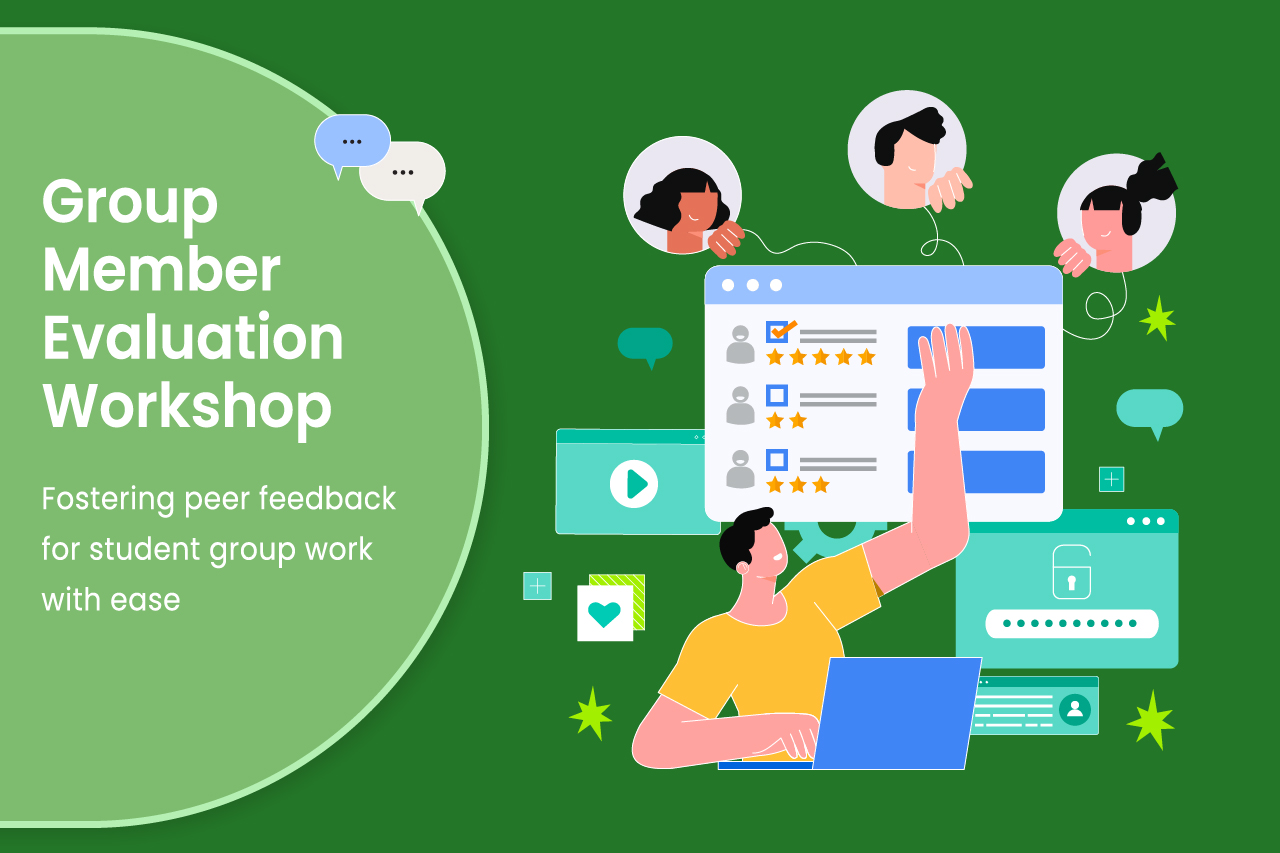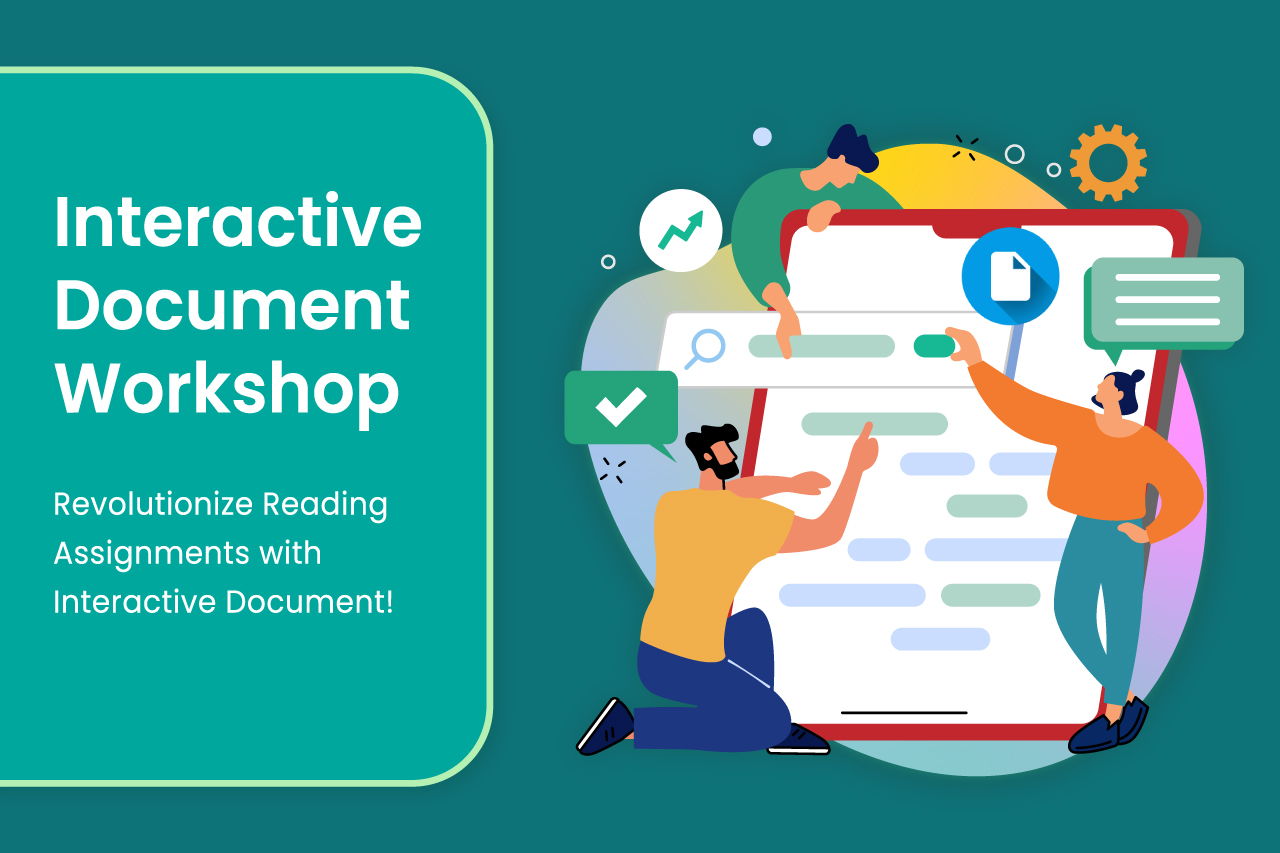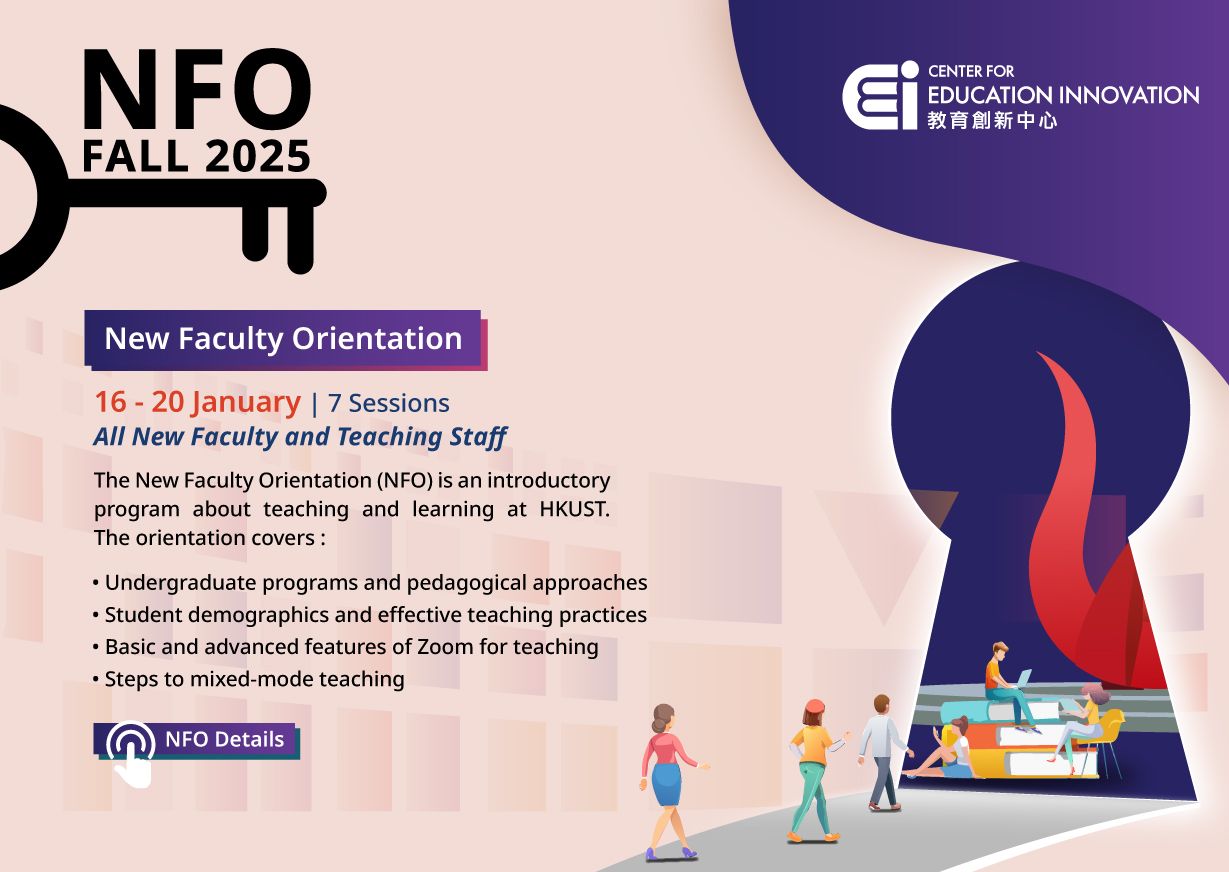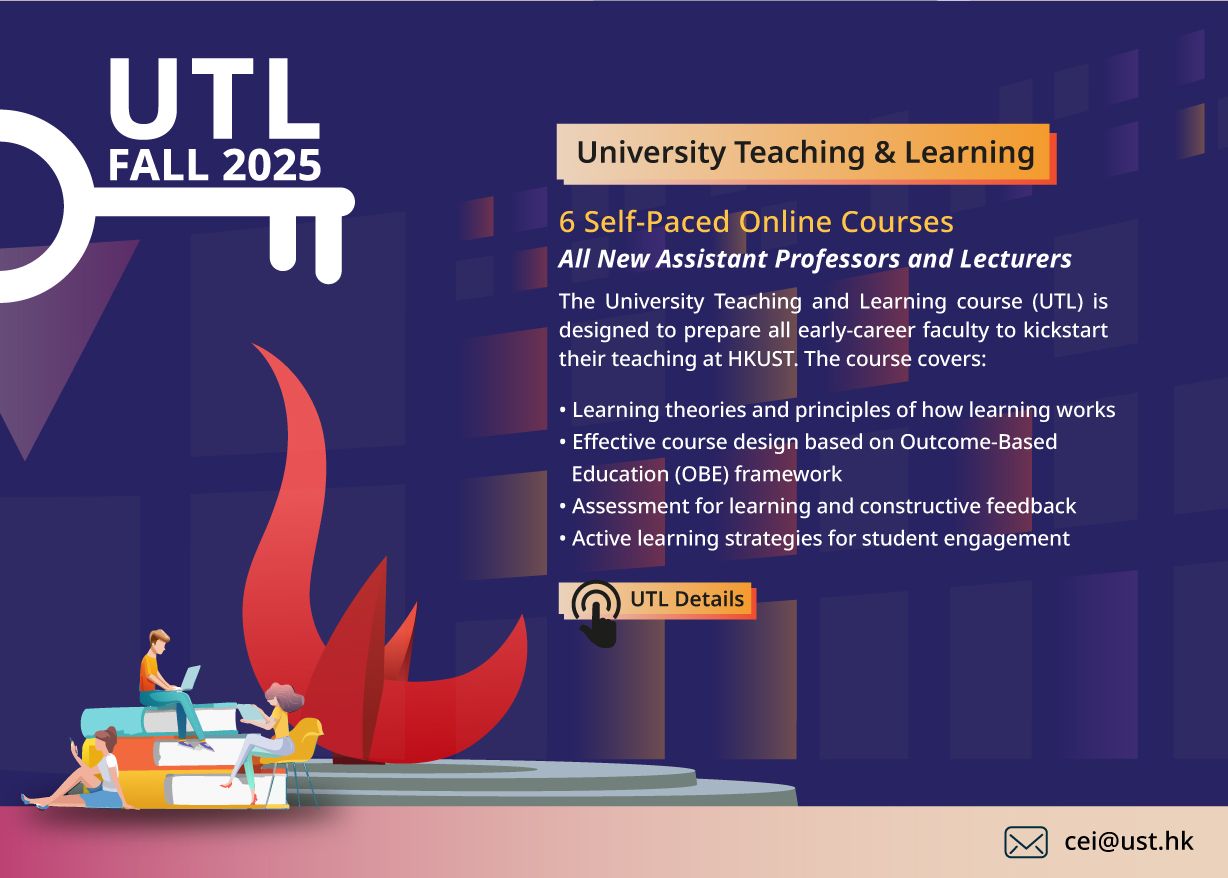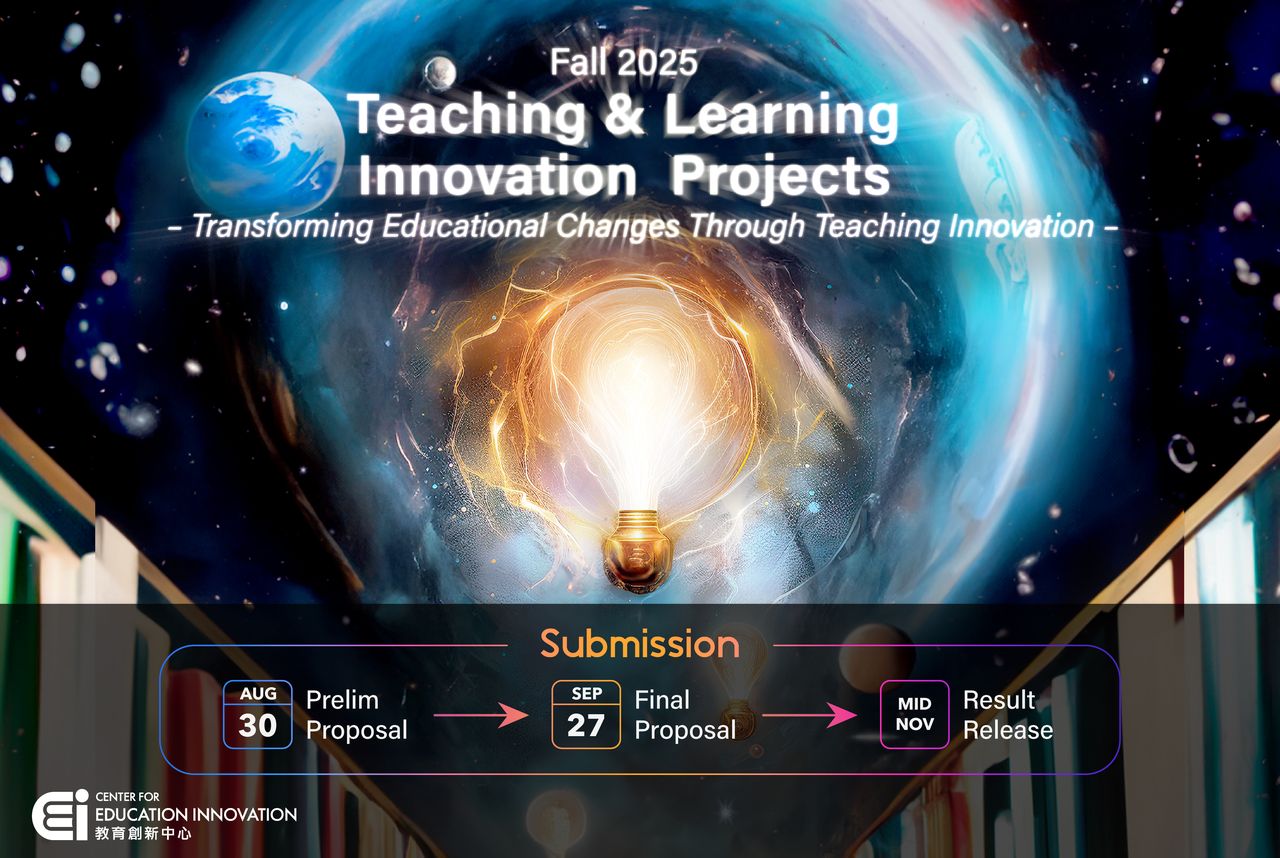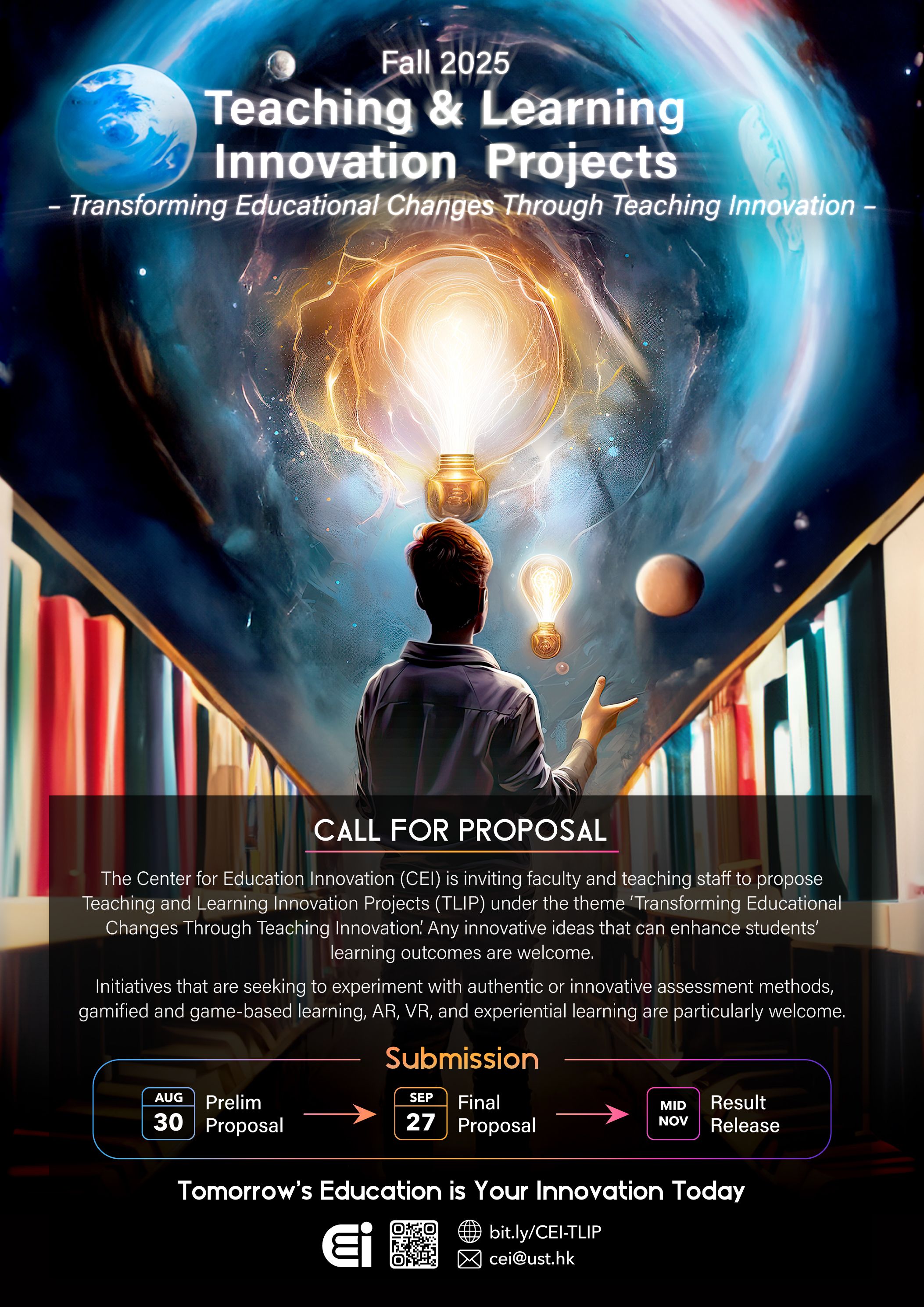Group Member Evaluation Workshop | FALL 2025
CEI is pleased to introduce Group Member Evaluation (GME) by FeedbackFruits — a powerful and user-friendly tool designed to facilitate peer feedback and evaluation in student group work.
Peer feedback plays a crucial role in learning by helping students recognize individual contributions, appreciate high-quality work, and identify areas for improvement. It also fosters metacognitive skills and nurtures a positive culture of peer feedback within the classroom.


